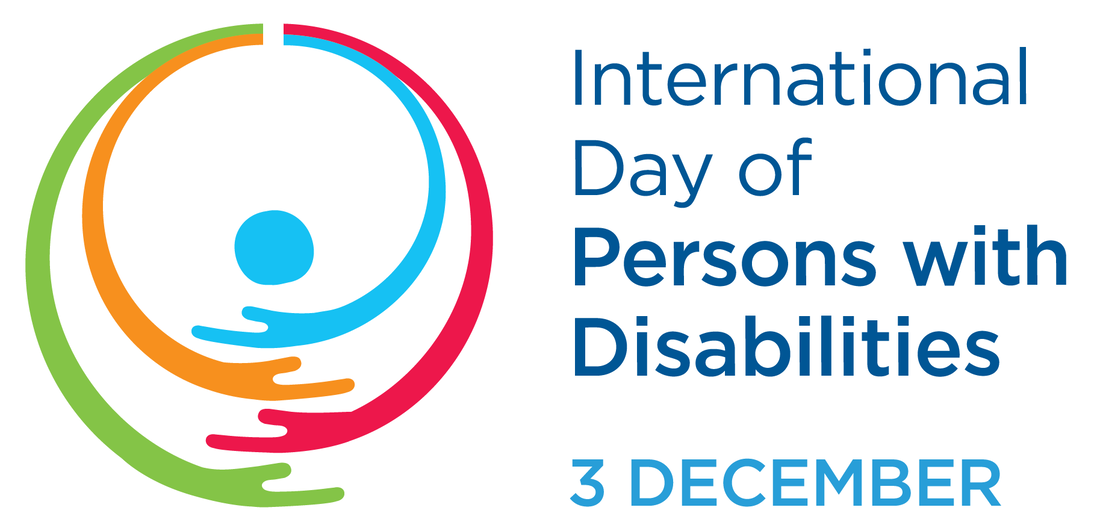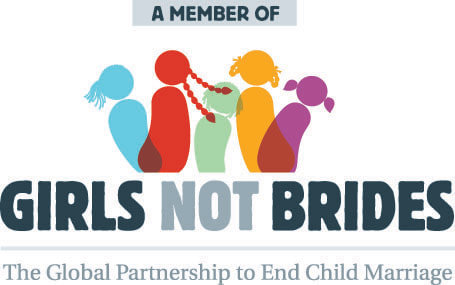International Persons with Disabilities Day - 2020“Building Back Better: toward a disability-inclusive, accessible and sustainable post COVID-19 World”Today is dedicated to advocating for awareness and equal opportunities for people with disabilities and taking actions for full inclusion for the disabled in society. This day is to realize that disability comes in many different forms, a day to recognize that disability is part of our humanity. Almost everyone will have either a temporary or permanent disability during their lifetime. A disability is a physical or mental illness that impairs someone from functioning in the workforce, at home, or in the community. Around 40% don’t get adequate care or support, making it impossible for otherwise able people to work. Tomorrow, the UN is hosting a free webinar, “Commemorative Event for IPDP 2020: Action Toward a Disability-Inclusive, and Sustainable Post-COVID-19 World”. The aim is to build a disability-inclusive culture. The panel will discuss a framework for the world using the collaborative tools of the UN Disability Inclusion Strategy, UN Partnership on the Rights of Persons w/ Disabilities, UNWomen, and World Bank. Although the challenges of creating a disability-inclusive culture are many and great, with the awareness of those obstacles, perhaps some real change could be made for including those with different abilities to have some of the freedoms able-bodied and able-minded people do. Disparity EverywhereThere are about 1 billion people in the world who are considered disabled. That’s 15% of the globe. 720 million adults and 93 million children have disabilities. And the numbers of people with disabilities keep climbing due to longer life expectancy and an increase in chronic health conditions throughout the world. In all countries, especially developing nations, people who are disabled face much more than what causes them their suffering. We must address poverty, a lack of resources, insurance, and competent care before any tangible difference exists for disabled people. Poverty and disability, each feeds the other. Half of the people who are considered disabled have no health insurance. That’s 500 million people. They don’t get Doctor’s appointments, necessary meds, or treatments. So, people who may otherwise heal don’t. Those that might be comforted won’t. Sub-Par medical care is the norm for disabled people who live in poverty when they are lucky enough to have any medical care. Many times, staff are undereducated, judgmental, and rude. Many patients get yelled at and demeaned by Dr.'s; they feel they have no other options if they want care. It is this mindset by Doctors that people with disabilities are inferior that discourages further treatment. And then, an increase in illness leads to more money spent and less work to be had. In developing countries, the difference in employment rates from able people to disabled is as much as 31% The onset of the COVID-19 virus pulled back many people’s veils of ignorance and made them aware of pre-existing conditions of the world’s inequalities. Yet, as much as awareness is spreading, so are the inequities increasing. There is more poverty. There is more overt racism. People with disabilities have less access to healthcare and treatment, and quality of care is decreasing due to larger workloads and burnt-out Doctors. To exacerbate the situation further, the threat of COVID infection is triple fold for people with disabilities. Immune systems are compromised with physical and mental disabilities, making those people more likely to contract the virus, have more severe symptoms, and have a higher death rate. Can Things Get Better for Persons with Disabilities?It will take drastic work, but with time and effort, it can. Governments need Health Agendas that address disability, a plan of action, and implement more specific programs for those with disabilities. People with disabilities should be a part of the planning process, as well. Increased funding and improvements to recruiting and training staff are needed. As with race sensitivity, ignorance and incompetence just won’t do when dealing with a disabled patient. It is especially harmful to be insulted or belittled by someone who is supposed to care for them. Raising public understanding and awareness is of the utmost importance. People with disabilities need to be advocated for in many instances. Through poverty, discrimination, mistreatment, or sheer discouragement, many are left unwilling to speak out of fear. People are excluded from any kind of treatment because of the extent of poverty they experience, the color of their skin and if they are able or not. It is not only the WHO and the UN’s aim to improve the situation of people with disabilities in the world, but also to Stella’s Girls. It is unconscionable for so many people to go untreated or undertreated when they deserve the same quality of care as someone who is able. Educate Yourself:The UN page for IDPD - contains a ton of great information and the registration for the Webinar tomorrow it's at 11am EST. If you don't catch it, sometimes there are recordings after the fact.
UN Disability Inclusion Strategy
1 Comment
10/11/2023 02:34:14
Thank you for sharing. It is very informative and helpful.
Reply
Leave a Reply. |
JOIN THE CONVERSATION
|
Subscribe to our Newsletter
for more Stella's Girls info! |
STELLA'S GIRLS, INC., is a tax-exempt public nonprofit
(federal tax ID #81-4402162). All contributions are tax-deductible to the extent allowable by law. No goods or services were provided in exchange for your generous financial donation. Copyright © 2023. All Rights Reserved. |


 RSS Feed
RSS Feed








